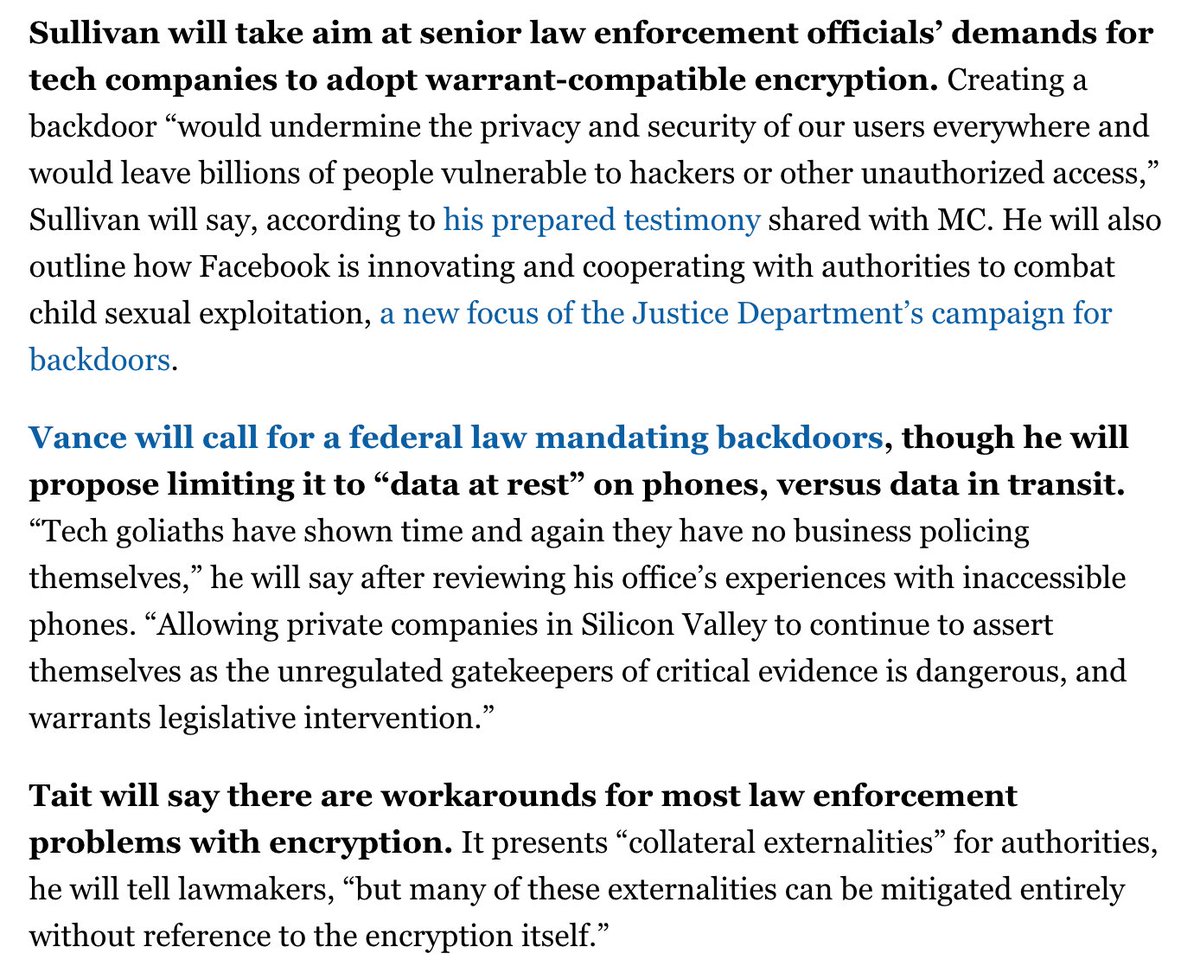Klobuchar describes sherlocking as a type of self-preferencing, which seems a little odd, but okay.
Klobuchar says they need a better acronym, which is not true, ban cutesy acronyms forever!
Lowe: “It depends."
Hubbard: “The difference is that Costco is not nearly as dominant as Amazon is."












